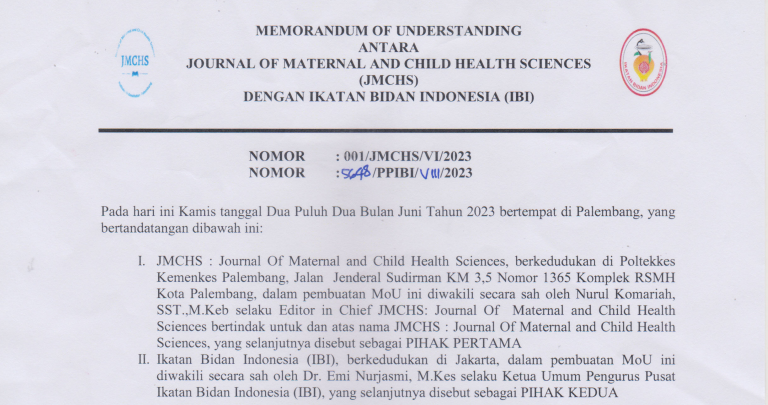The Quality of Elderly Sleep Using Benson Relaxing Technique
Abstract
Background: Sleep disturbance is one of the most common complaints found in the elderly. Sleep disturbance is where a person finds it difficult to start sleep. A disturbance that commonly occurs is the length of time to sleep or the quantity of sleep that is not appropriate. In addition, ineffective sleep is related to sleep quality in the elderly. On the other hand, improving the quality of sleep in the elderly can be overcome using a non-pharmacological method that is effective and safe. One of the non-pharmacological methods that can be applied is the Benson Relaxation Technique.
Purpose: This study's aim was to determine the effectiveness of Benson's relaxation techniques on the quality of sleep of the elderly in the Bhakti Kencana Elderly Integrated Service Pos Palembang City in 2020.
Methods: This research is a quantitative study using a Pre-Experimental research method and a One Group Pre-Test-Postest model. The research sample is the elderly who meet the inclusion criteria amounted to 30 people. Data is analyzed by using Mc.Nemar statistical test.
Results: Through bivariate analysis using Mc.Nemar test of the respondent quality of sleep before and after Benson's relaxation been given to showed that the significance of ρ value is 0,000 (p ≤ 0.05), which means there is a difference between sleep quality of respondents before and after treatment.
Conclusion: it can be concluded that Benson's relaxation technique is effective in improving the quality of sleep in the elderly. The next researcher is expected to be able to add more variables in research related to sleep quality in the elderly in order to have more adequate results.

This work is licensed under a Creative Commons Attribution-ShareAlike 4.0 International License.
Authors who publish with this journal agree to the following terms:
- Authors retain copyright and grant the journal right of first publication with the work simultaneously licensed under a Creative Commons Attribution License that allows others to share the work with an acknowledgement of the work's authorship and initial publication in this journal.
- Authors are able to enter into separate, additional contractual arrangements for the non-exclusive distribution of the journal's published version of the work (e.g., post it to an institutional repository or publish it in a book), with an acknowledgement of its initial publication in this journal.
- Authors are permitted and encouraged to post their work online (e.g., in institutional repositories or on their website) prior to and during the submission process, as it can lead to productive exchanges, as well as earlier and greater citation of published work












